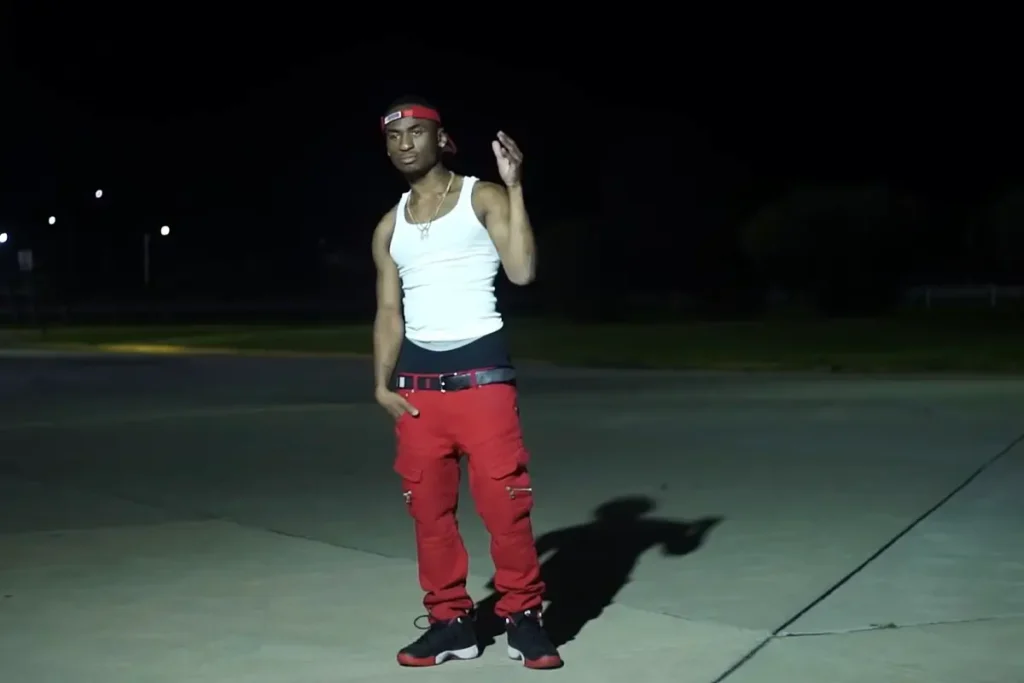
Pittsburgh Rapper Jamal Knox Sentence To 24 Years For Drug Trafficking

In 2022, a federal jury found Jamal “Mayhem Mal” Knox guilty of conspiracy to distribute Fentanyl. According to reports, a judge has sentenced the Pittsburgh-area rapper and alleged Hustlas Don’t Sleep gang associate to 24 years in federal prison.
Authorities accused Jamal Knox of supplying fentanyl to the HDS drug trafficking organization. Twelve other individuals also faced charges related to the case. The Organized Crime Drug Enforcement Task Force’s investigation led to the prosecution in Pennsylvania.
“This investigation and prosecution of the HDS gang is the result of sustained, coordinated work by federal, state and local law enforcement working together,” then-U.S. Attorney Scott W. Brady stated in 2019.
The Pennsylvania State University School of Law graduate also added, “As long as there are neighborhoods in western Pennsylvania terrorized by gang violence and drug dealers, we will continue to fight for you and your families.”
Jamal Knox Previously Appealed State Conviction On First Amendment Claims
Jamal Knox made national news in 2019 after the United States Supreme Court rejected his case over First Amendment rights. Hip-Hop stars such as Killer Mike, Chance The Rapper, Meek Mill, Yo Gotti, Fat Joe and 21 Savage supported Knox’s artistic expression when creating a track titled “F### the Police.”
A 2012 arrest for gun and drug charges led to Jamal Knox and Rashee “Souja Beaz” Beasley recording “F### The Police.” Knox’s song included lyrics that mentioned killing the two Pittsburgh police officers who arrested him.
The following year a Pennsylvania state jury convicted Jamal Knox of committing terroristic threats. The jurors disregarded the rhymer’s argument that the First Amendment shields “F### the Police” as protected speech. The Pennsylvania Supreme Court upheld that conviction.
In 2022, Governor Gavin Newsom signed The Decriminalizing Artistic Expression Act into law. The legislation made California the first state to limit prosecutors’ use of lyrics in criminal cases. Rap lyrics as evidence became a controversial part of the ongoing RICO trial against Jeffery “Young Thug” Williams in Georgia.

